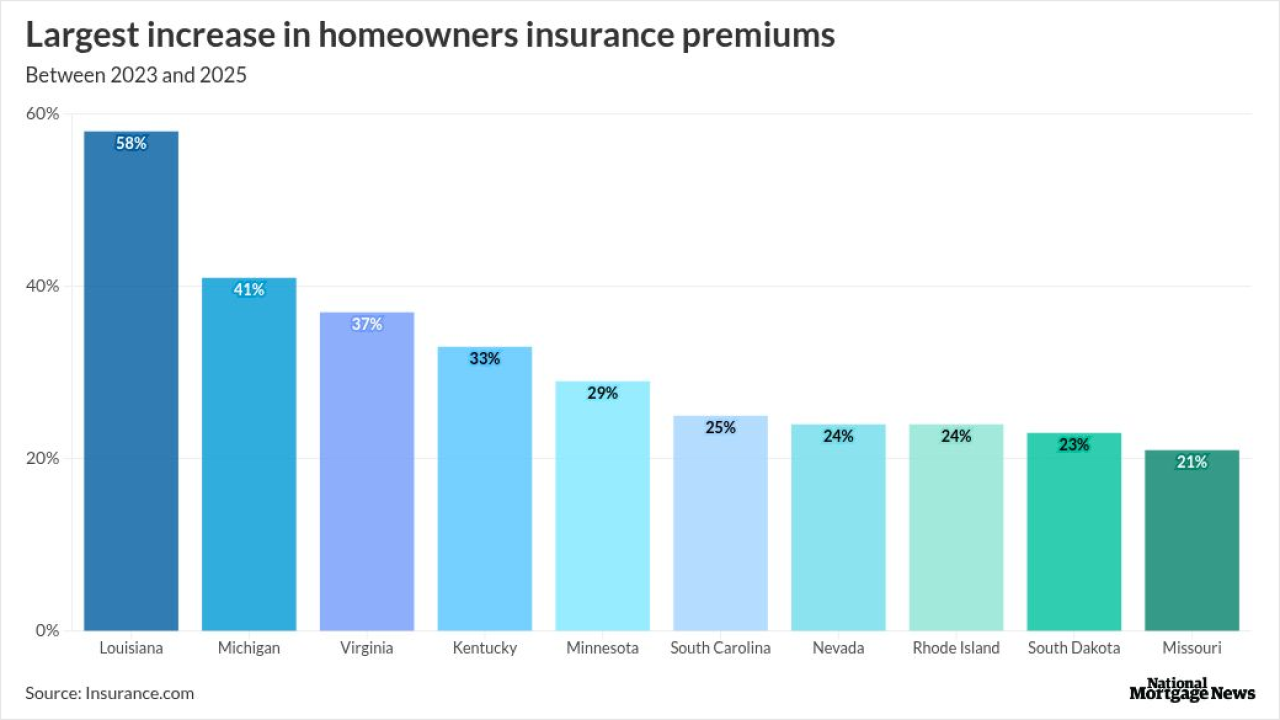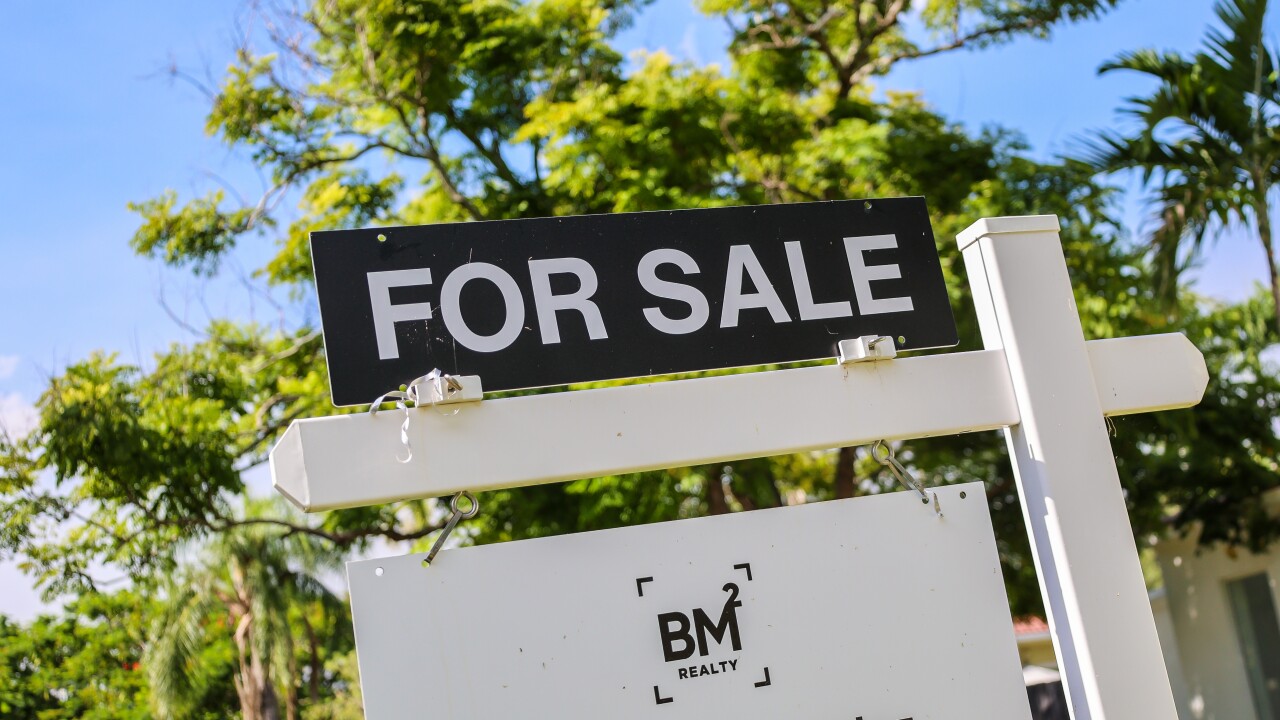
The Financial Stability Oversight Council Friday unanimously approved a pair of proposals that would make the process by which it designates nonbanks as systemically risky more transparent on the one hand and easier to achieve on the other.
The proposals — which the council has been reconsidering
Treasury Secretary and FSOC chair Janet Yellen said in her prepared remarks that the existing guidance creates a "unrealistic timeline" for the council to establish systemic risk in nonbank firms — which she said could take as long as six years — that requires the council to be overly concerned with the costs that systemic designation would impose on firms and handcuffs the council from making preventative measures to quell risk in the financial system.
"The existing guidance … created inappropriate hurdles as part of the designation process," Yellen said. "These additional steps are not legally required by the Dodd-Frank Act. Nor are they useful or feasible. Some are based on a flawed view of how financial crises begin and the costs that they impose."
Under the
The guidance proposed Friday, by contrast, includes an initial and secondary exploration phase which would include bilateral conversations and hearings between FSOC and a potential designee firm, and would not require the council to undertake a cost-benefit analysis prior to designation.
According to a fact sheet distributed by FSOC, the proposed guidance would allow FSOC to examine various asset classes, institutions, and activities for potential risk to the financial system. Those include, but are not limited to, debt and loan markets, short-term funds, equity securities, commodities, digital assets, central clearing and payment activities, nonbank financial firms like broker-dealers, asset managers, investment companies, insurance companies, mortgage originators and servicers, and sources of other financial stability risk like cybersecurity and climate-related financial risks.
Yellen said in her remarks that the
"Last month's events show us that our work is not yet done," Yellen said. "The authority for emergency interventions is critical. But equally as important is a supervisory and regulatory regime that can help prevent financial disruptions from starting and spreading in the first place."
The council also proposed a transparency framework that would establish how the council would consult with, and interact with, firms it is considering for systemic designation. That proposed framework would entail the council first looking to primary federal and state regulators to use their authorities to address excessive systemic risk directly, and if those regulators are able to address those risks "the Council generally encourages those regulators to do so."
The council would also make recommendations to state and/or federal primary regulators, subject to agency and public input, regarding sources of systemic risk and appropriate corrective actions. In areas where no federal regulator exists, the council may make recommendations to Congress to determine which regulatory agency ought to address the risks identified.
FSOC's designation process in the early years of its existence proved to be legally and politically fraught. The council only designated four firms as SIFIs — GE Capital, AIG, Prudential and MetLife. MetLife fought its designation in court,
Yellen — in a sentiment echoed by several top regulators at the meeting — said the votes would reinvigorate the council's designation tool and also create a clearer and more deliberate process to apply bank-like regulation on activities and firms that pose similar risks.
"The designation tool serves as an important part of our post-Global Financial Crisis defense," Yellen said. "It is an important preventative tool to address systemic risks that may arise from a nonbank financial firm whose activities or distress could threaten the financial system. We are acting today to restore the effectiveness of this authority."
The proposals will be available for public comment for 60 days following their publication in the Federal Register.





